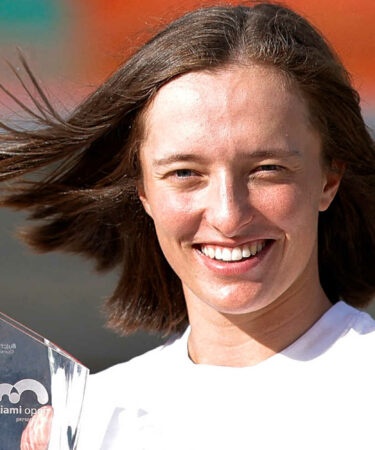“I feel like tennis, from the beginning, could do a bit better in showing everybody that players are against the war” – Swiatek
The 21-year-old world No 1 has been vocal to highlight the cause of Ukraine ever since the war broke out last year
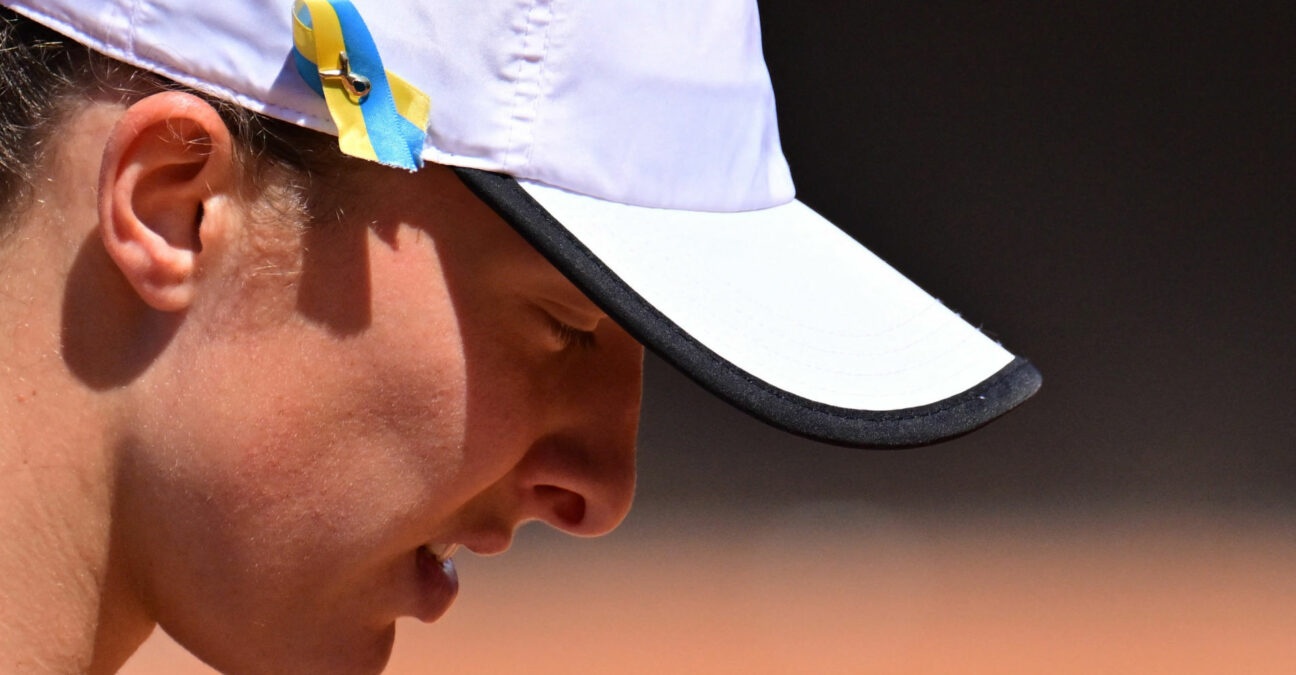 A blue and yellow ribbon in support of Ukraine amid Russia’s invasion is pinned to the cap of Poland’s Iga Swiatek at the 2022 Italian Open in Rome
Image Credit: AI / Reuters / Panoramic
A blue and yellow ribbon in support of Ukraine amid Russia’s invasion is pinned to the cap of Poland’s Iga Swiatek at the 2022 Italian Open in Rome
Image Credit: AI / Reuters / Panoramic
World No 1 Iga Swiatek believes that Russian and Belarusian players should have been banned at the start of Russia’s invasion of Ukraine and that by doing so, tennis authorities would have sent a stronger message to those supporting the war.
While Russian and Belarusian players have been allowed to compete under a neutral flag, they were banned by the UK’s Lawn Tennis Association from playing at Wimbledon and other tournaments in the UK. That stance has been reversed for the 2023 Wimbledon Championships and grass court swing under certain conditions which the Russian and Belarusian players are supposed to abide.
“I heard that after World War Two, German players were not allowed as well as Japanese and Italian, and I feel like this kind of thing would show the Russian government that maybe it’s not worth it,” the Pole told the BBC.
“I know it’s a small thing because we are just athletes, a little piece in the world but I feel like sport is pretty important and sport has always been used in propaganda. This is something that was considered at the beginning, tennis didn’t really go that way, but now it would be pretty unfair for Russian and Belarusian players to do that because this decision was supposed to be made a year ago.”
I feel it’s brave for Russian athletes to say that because their situation is pretty complicated and sometimes it’s hard for them to speak out loud about it.
Iga Swiatek
“I feel like tennis, from the beginning, could do a bit better in showing everybody that tennis players are against the war,” the 21-year-old continued. “I feel they could do more to make that point and tell their views and help us cope a bit better in the locker room because the atmosphere there is pretty tense.”
Swiatek did empathise with her peers from Russia and Belarus, saying that they had no fault in the situation and face a complicated situation if they wish to voice their opinions against the war.
“It’s not their fault they have a passport like that but, on the other hand, we all have some kind of impact and I feel like anything that would help stop the Russian aggression, we should go that way in terms of the decisions the federations are making,” she said. “It’s easy to say that but when you’re facing people face to face it’s a little bit different. I did shake hands, for example, with Daria Kasatkina – she openly said that she’s against the war at the beginning and it would be her dream for the war to finish. I really respect that because I feel it’s brave for Russian athletes to say that because their situation is pretty complicated and sometimes it’s hard for them to speak out loud about it.”
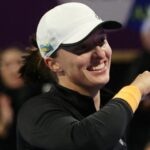
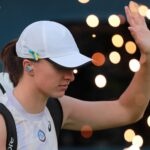
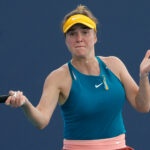
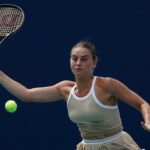
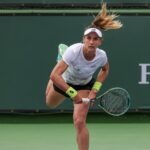

People in this post
More tennis news
Alcaraz reveals changing key tactic for Grand Slams: “I learned to save energy”
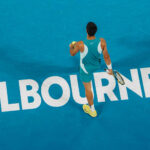
Keys comes from behind against Svitolina to reach Australian Open semi-finals
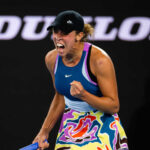
US Open, teenage prodigy, activist: Everything you always wanted to know about Coco Gauff (but never had time to find out) – updated after 2025 Australian Open exit
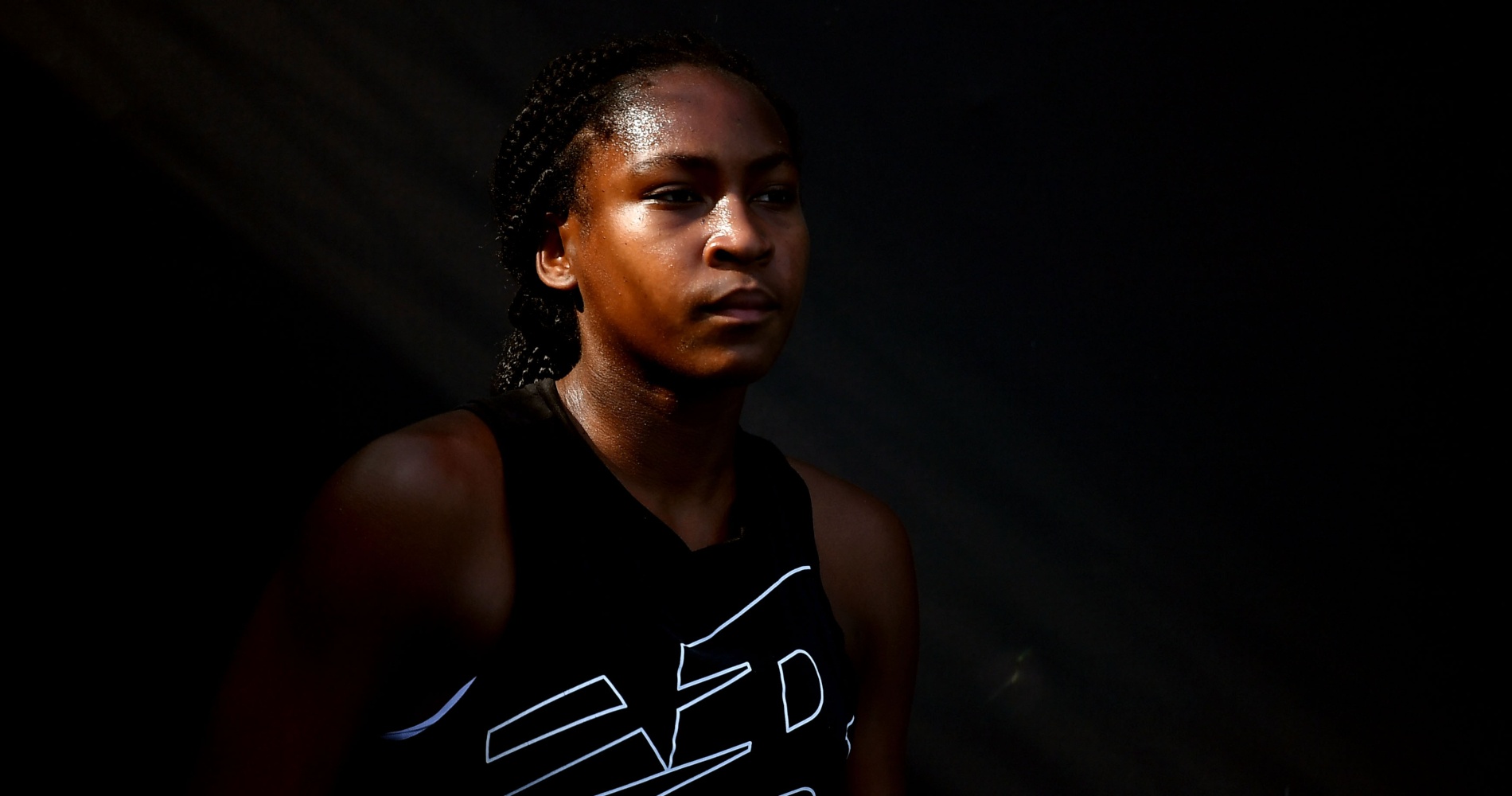
Spain, world No 1, 4-time Grand Slam champ, Ferrero: Everything you always wanted to know about Carlos Alcaraz (but never had time to find out) – updated after Australian Open 2025 exit
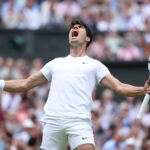
January 22, 2003: The day Andy Roddick outlasted El Aynaoui in the longest fifth set in Grand Slam history


